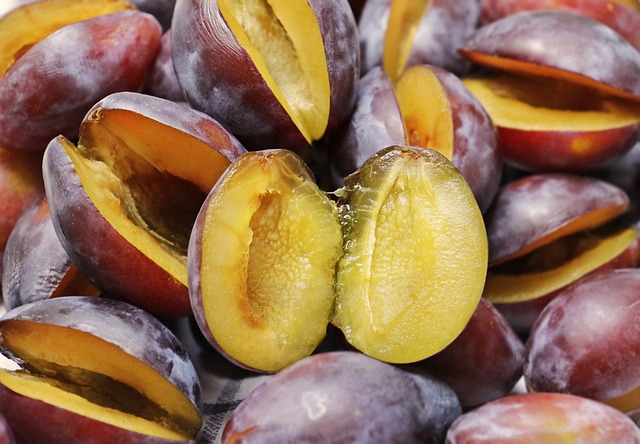Boost Your Immune System Naturally with Probiotics: A Comprehensive Overview
Probiotics are beneficial bacteria that offer a range of health benefits, including boosting the immune system naturally. These live microorganisms can be found in certain foods and can also be taken as supplements. In this article, we will explore the world of probiotics and how they can enhance your immune system’s functionality.
Understanding Probiotics
Probiotics are often referred to as “friendly” or “good” bacteria because they help maintain a healthy balance of microorganisms in the body. Our gut is home to trillions of bacteria, both good and bad. When the balance is disrupted, it can negatively impact our immune system, digestion, and overall well-being.
Consuming probiotics can replenish and diversify the beneficial bacteria in our gut. They help improve the function of our immune cells and stimulate the production of antibodies, which play a crucial role in fighting off infections.
The Benefits of Probiotics for the Immune System
Probiotics have been extensively studied for their immune-boosting properties. Here are some key benefits:
1. Improved Gut Health
Probiotics promote a healthy gut environment by preventing the overgrowth of harmful bacteria. This aids in maintaining a strong immune system as the gut is responsible for a significant portion of our immune response.
2. Enhanced Production of Natural Antibodies
Probiotics stimulate the production of natural antibodies in the body. These antibodies help identify and neutralize harmful pathogens, keeping our immune system vigilant and ready to defend against potential threats.
3. Reduced Inflammation
An overactive immune response can lead to chronic inflammation, which is associated with various health problems. Probiotics help regulate the immune system’s inflammatory response, reducing inflammation and promoting overall immune health.
4. Prevention of Respiratory Tract Infections
Studies have shown that certain strains of probiotics can reduce the risk and severity of respiratory infections. They help strengthen the mucosal lining of the respiratory tract, making it harder for pathogens to penetrate and cause infections.
5. Alleviation of Allergies
Probiotics may play a role in preventing and alleviating allergies by modulating the immune response. They help regulate the body’s allergic reactions and reduce the severity of symptoms.
Sources of Probiotics
Probiotics can be obtained from various food sources and supplements. Here are some common examples:
1. Yogurt
Yogurt is a popular source of probiotics. Look for yogurts that mention “live and active cultures” on the label, as these contain beneficial bacteria like Lactobacillus and Bifidobacterium.
2. Kefir
Kefir is a fermented milk drink that contains a diverse range of probiotic strains. It is known for its high probiotic content and can be a delicious addition to your diet.
3. Sauerkraut
Sauerkraut is made by fermenting cabbage. It is packed with probiotics and also contains other essential nutrients. When purchasing sauerkraut, opt for the unpasteurized variety, as pasteurization can kill beneficial bacteria.
4. Kimchi
Kimchi is a traditional Korean dish made from fermented vegetables, including cabbage and radishes. It not only provides probiotics but also offers a range of antioxidants and other beneficial compounds.
5. Probiotic Supplements
If incorporating probiotic-rich foods into your diet is a challenge, supplements can be an alternative. Probiotic supplements come in various forms and contain concentrated amounts of beneficial bacteria.
Choosing the Right Probiotic Supplement
When selecting a probiotic supplement, consider the following factors:
1. Strain Diversity
Look for a supplement that contains a variety of probiotic strains to maximize the benefits.







